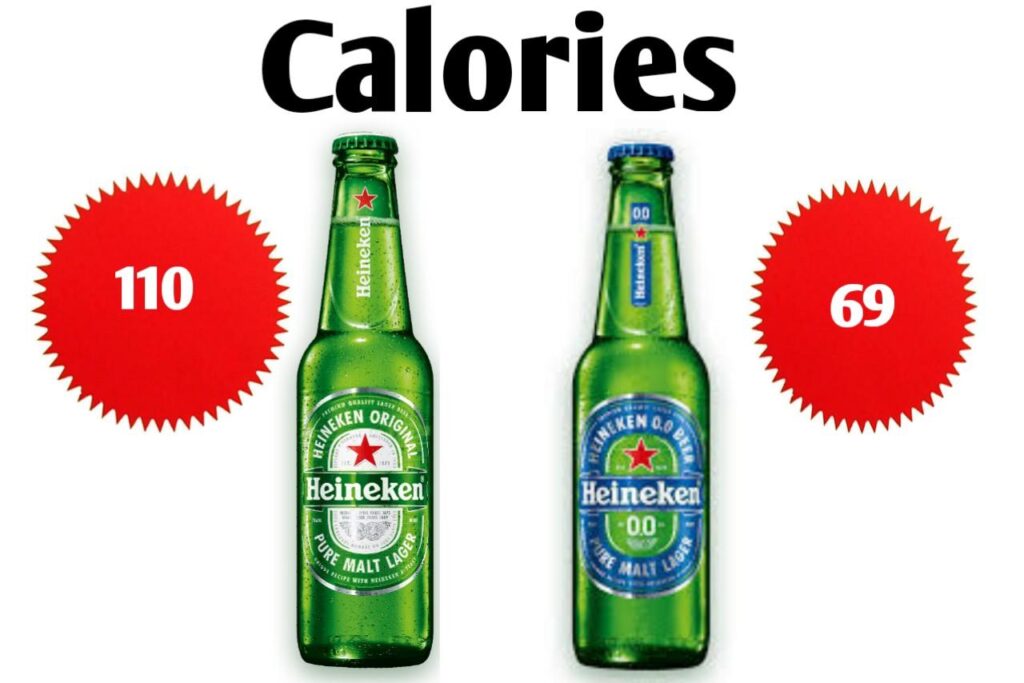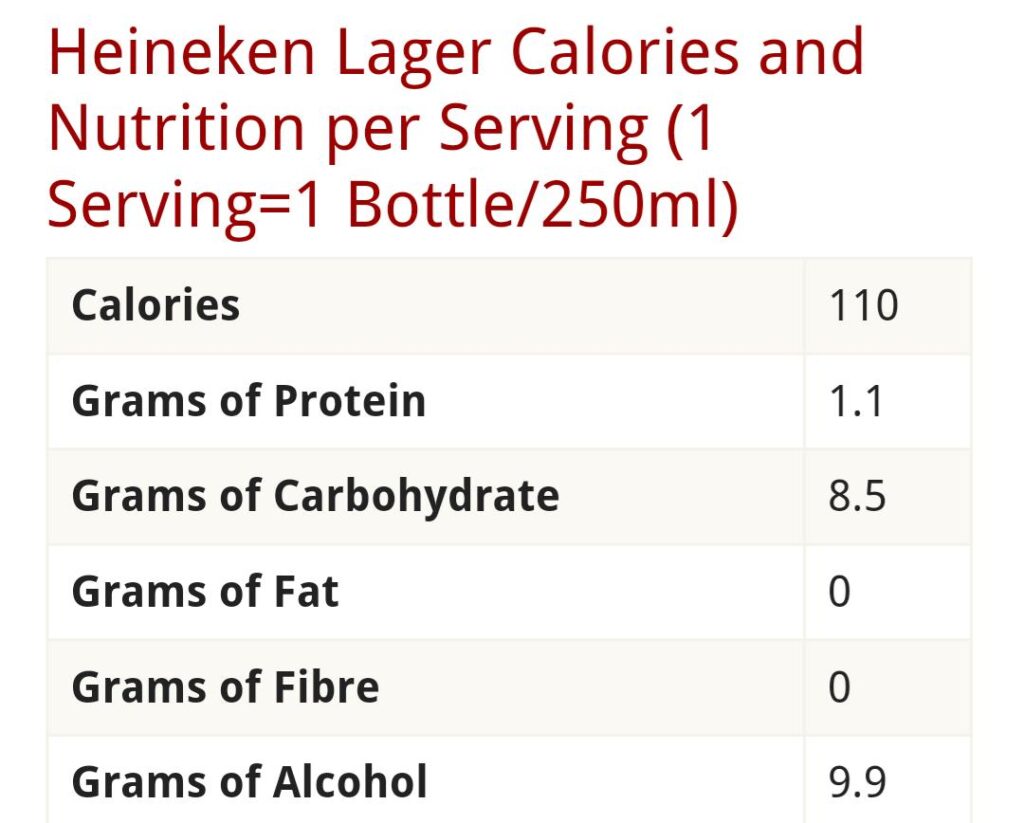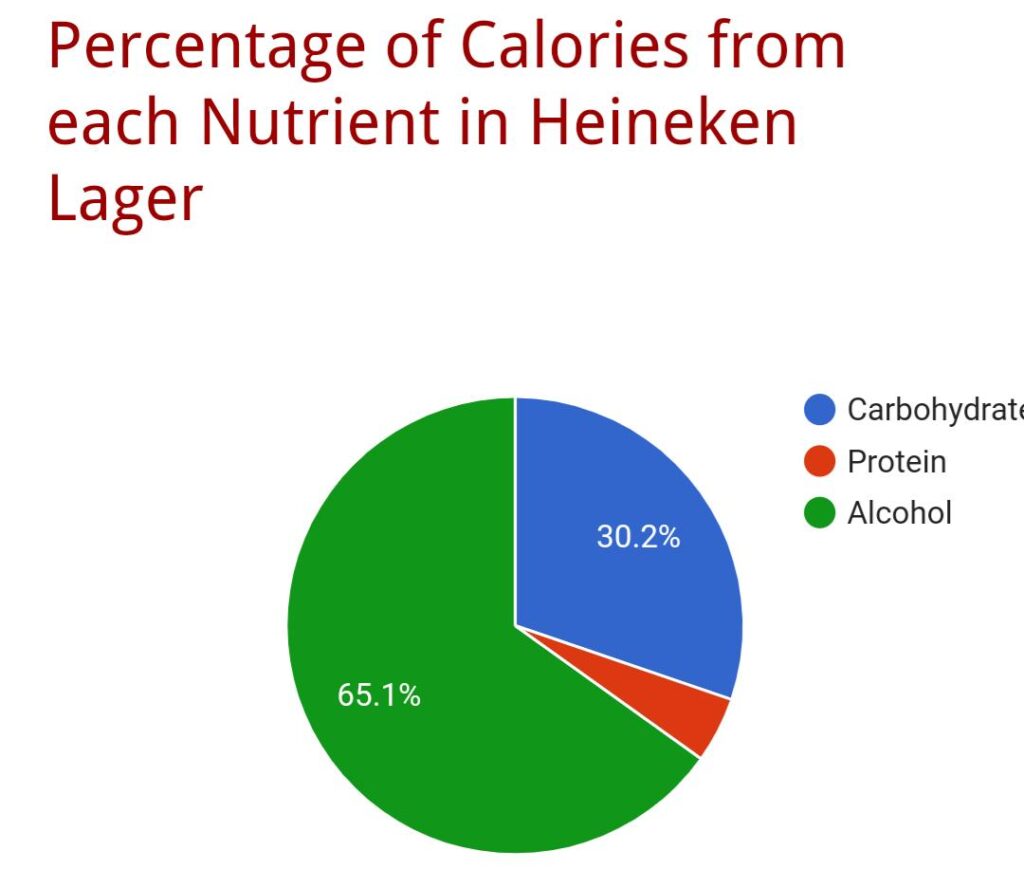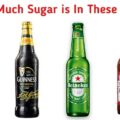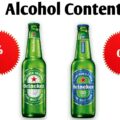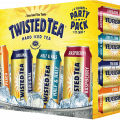A calorie is a unit of energy. In nutrition, calories refer to the energy people get from the food and drink they consume, and the energy they use in physical activity. Calories are listed in the nutritional information on all food packaging. Many weight loss programs center around reducing the intake of calories.
Fast facts on calories
- Calories are essential for human health. The key is consuming the right amount.
- Everyone requires different amounts of energy each day, depending on age, sex, size, and activity level.
- People in the United States consume more than 11 percent of their daily calories from fast food.
- Foods high in energy but low in nutritional value provide empty calories.
Why Checking calories is Important
Knowing the calorie content of food and drink can help ensure you’re not consuming too much.The calorie content of many shop-bought foods is stated on the packaging as part of the nutrition label.This information will appear under the “Energy” heading. The calorie content is often given in kcals, which is short for kilocalories, and also in kJ, which is short for kilojoules. A kilocalorie is another word for what’s commonly called a calorie, so 1,000 calories will be written as 1,000kcals. Kilojoules are the metric measurement of calories. To find the energy content in kilojoules, multiply the calorie figure by 4.2.
The label will usually tell you how many calories are contained in 100 grams or 100 millilitres of the food or drink, so you can compare the calorie content of different products. Many labels will also state the number of calories in 1 portion of the food. You can use the calorie information to assess how a particular food fits into your daily calorie intake.
Heineken brand beer
Since 1975, most Heineken brand beer has been brewed at their brewery in Zoeterwoude, Netherlands. In 2011, 2.74 billion litres of Heineken brand beer were produced worldwide, while the total beer production of all breweries fully owned by the Heineken Group over all brands was 16.46 billion litres globally. Heineken has been sold in more than 170 countries. They have also been incorporated with numerous beer brands in countries all over the world including Mexico, China, Australia and various countries in Africa. Heineken beer is also brewed in the United Kingdom, Ireland, India, Serbia, Australia, New Zealand, Costa Rica and Saint Lucia for those respective markets.
How Much Calories is in Heineken?
Heineken is the heaviest beer, by just one calorie, is another import. We all have a friend who exclusively drinks Heineken. There appears to be no concrete rhyme or reason why every crew has its own Heineken enthusiast, but a 2012 study in the National Journal found that republicans drink Sam Adams and democrats drink Heineken. Using the nutritional values provided by the Heineken website per 100-milliliters and some quick math, a 12-ounce bottle has about 149 calories, 11 grams of carbs, and zero grams of protein. The new Heineken® 0.0 has only 69 calories while Heineken light 99 calories per 12 oz. bottle and 6.8 grams of carbohydrates.
Is Heineken Gluten-Free?
A gluten-free diet is a diet that strictly excludes gluten, proteins present in wheat (and all wheat varieties such as spelt and kamut), barley, rye, oat, and derivatives of these grains such as malt and triticale, and foods that may include them, or shared transportation or processing facilities with them. Heineken is made from three natural ingredients – water, malted barley, and hops. Together with yeast these ingredients are used in a centuries-old brewing process, to create high-quality beers enjoyed by our consumers. Heineken is made with barley as such its not gluten free.
What happens when you drink Heineken?
Here’s how the body absorbs alcohol when you drink:
- Mouth. When you begin drinking Heineken, a very small percentage will move into the small blood vessels in the mouth and tongue.
- Stomach. When Heineken reaches the stomach, up to 20 percent will be absorbed into the blood.
- Small intestine. When Heineken passes into the small intestine, the remaining 75 to 85 percent is absorbed into the bloodstream.
The bloodstream moves alcohol to different parts of the body. Here’s where the alcohol goes and what it does:
- Bloodstream. Heineken continues moving around the body in the bloodstream until the liver breaks it down completely.
- Liver. The liver filters your blood and breaks down 80 to 90 percent of the alcohol you drink into water, carbon dioxide, and energy, which the body can process. The liver uses enzymes to break down alcohol. The liver normally breaks down alcohol at a rate of one standard drink per hour.
- Kidneys. Your kidneys filter your blood, balance the amount of liquid in your body and remove waste products from your body in your urine. Alcohol forces your kidneys to work harder because they will produce more urine to get rid of the waste products from broken-down alcohol. The body excretes up to 10 percent of alcohol consumed in the urine.
- Brain. Heineken moves from the bloodstream into the brain within 5 to 10 minutes after drinking. Alcohol can cause mood changes, difficulty with thinking and coordination, and even trouble forming memories (blackouts).
- Lungs. In the lungs, some alcohol is evaporated as breath. A person may breathe out up to 8 percent of the alcohol he or she consumes.
- Skin. A tiny amount of alcohol evaporates from the fine blood vessels under the skin’s surface.
What Happens When You Drink Heineken on an Empty Stomach?
When you drink Heineken on an empty stomach, much of the alcohol you drink passes quickly from the stomach into the small intestine, where most of it is absorbed into the bloodstream. This intensifies all the side effects of drinking Heineken, such as your ability to think and coordinate your body movements.
Light to moderate drinking on an empty stomach may not be a major cause for concern. But drinking large amounts of alcohol fast on an empty stomach can be very dangerous. An inability to think clearly or move your body safely can cause serious harm, leading to injury or death in extreme cases.


